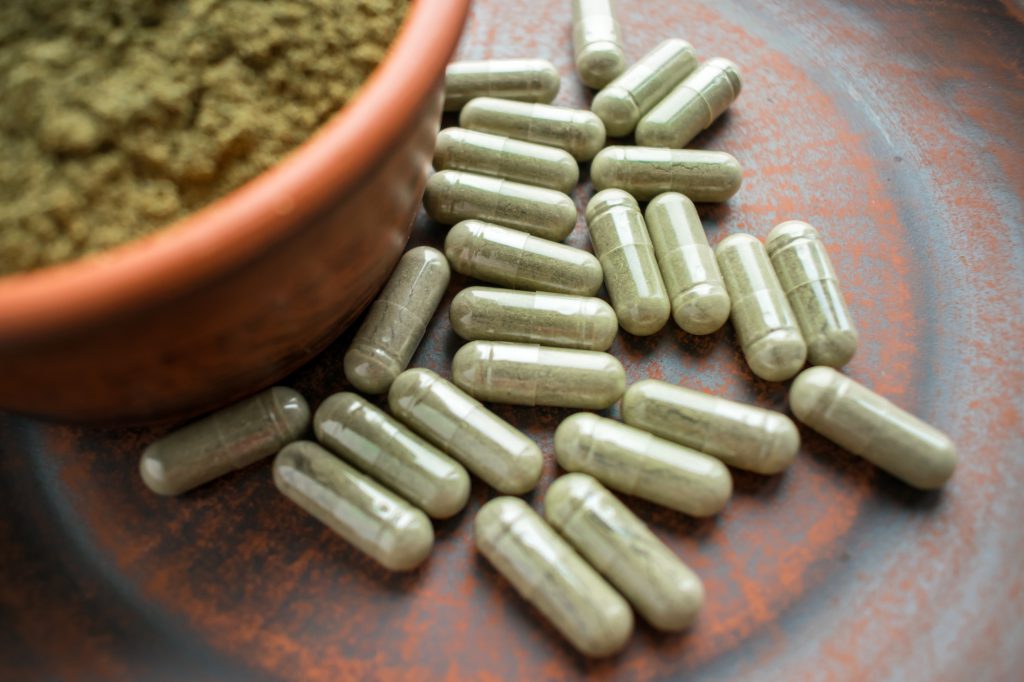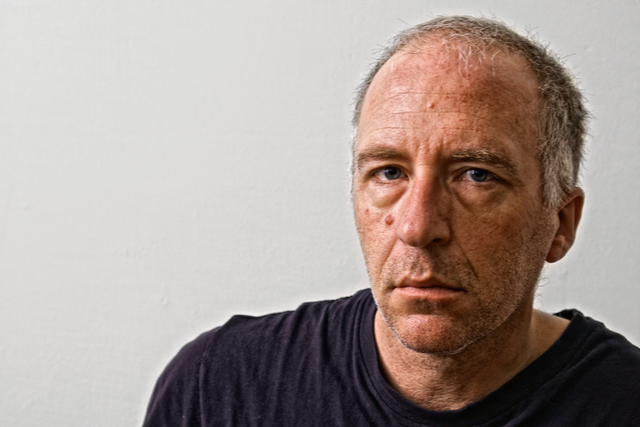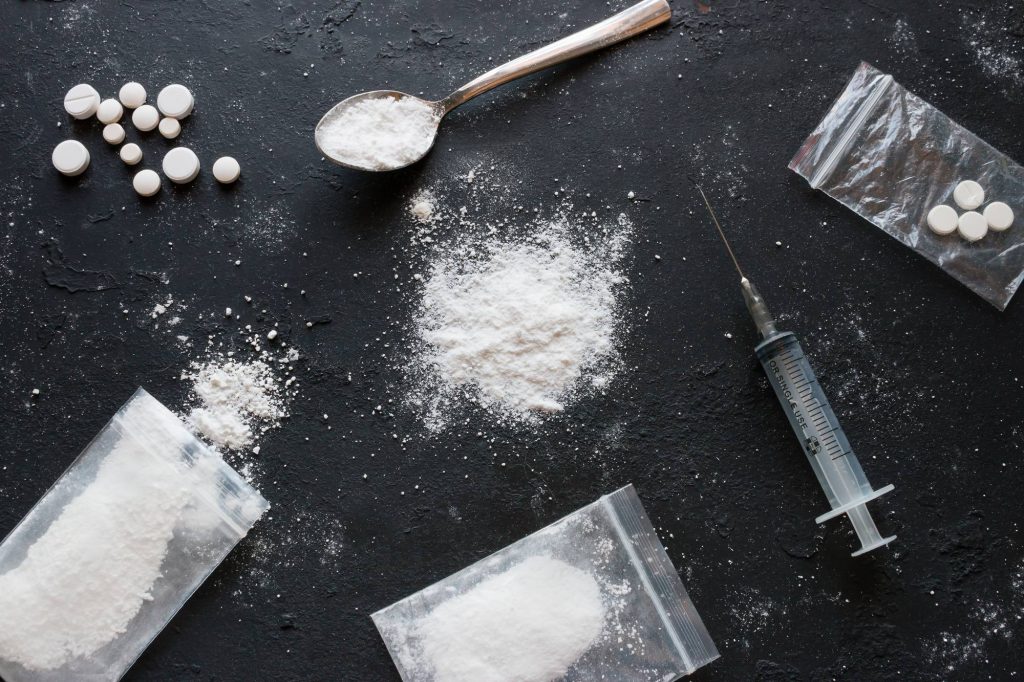Faith-Based Addiction Treatment
Many people struggle with fighting addiction, but it can be easier to fight your addiction through faith-based addiction treatment.
If you are religious, there are unique aspects of recovery that you do not realize.
Abusing drugs and alcohol can affect your faith and religion.
Because 76.5% of Americans identified as religious in 2015, faith-based addiction treatment is a suitable option.
Whether or not you are religious, drug addiction often feels like a moral or ethical failing.
By going to faith-based addiction treatment, you can connect with your high power to overcome addiction.
Faith-based addiction treatment and rehab will allow your religious beliefs to grow during treatment, making you a stronger person.
What is Faith-Based Addiction Treatment?
Faith-based addiction treatment addresses your medical and spiritual needs.
Even though the spiritual aspect is a large focus, treatment still needs to contain standard drug rehab techniques.
These techniques might include medically-assisted detox and behavioral therapy.
Healing the soul and managing withdrawal symptoms and cravings are equally important.
Standard addiction treatments in faith-based rehab might include:
- Drug detox
- Individual therapy
- Group therapy
- Prescribed medication for withdrawal symptoms
- Life skills and emotional coping training
In faith-based addiction treatment, certified spiritual advisors are present for all counseling.
They offer guidance during your treatment, along with individual and group sessions.
These counselors help you find peace by way of faith.
Immediate Placement in Addiction Treatment – Get Help Now
877-651-3366
Narcotics Anonymous and Alcoholics Anonymous
You may have heard of the support groups NA and AA. These acronyms stand for narcotics anonymous and alcoholics anonymous. These support groups are faith-based addiction treatment, as they incorporate faith into their aftercare programs.
Often after you have completed rehab, you join either AA or NA. The emotional support that you find during group meetings is beneficial to staying sober once you are in the world again. Speaking with peers who have been through the same situation will help in avoiding relapse.
Learn More About Faith-Based Rehab at Best Rehabs In Arizona
877-651-3366
Faith-Based Addiction Treatment vs. Standard Treatment
The difference between faith-based addiction treatment and standard treatment is the addition of faith and faith-based activities.
In faith-based addiction treatment, you will see that worship is a part of your recovery plan. Spaces for prayer are available on-site, and there are typically religious services. Often scripture readings, discussions, and meditations occur daily.
In one study, for people interested in religion, a faith-based activity could be helpful in treatment. Combining a supervised detox and mental health counseling with faith-based addiction treatment can be extremely effective. Not only are the physical and medical aspects being taken care of, but the mental and spiritual aspects are too.
More than 800 faith-based community programs receive SAMHSA grants to help those of faith beat their addictions.
Who is a Candidate for Faith-Based Addiction Treatment?
You are a good candidate for faith-based addiction treatment if you have a specific faith and want to incorporate faith in treatment.
24 Hour Addiction Treatment Hotline – Get Help Now
877-651-3366
Examples of Faith-Based Addiction Treatment Curriculum
- The Struggle of Sin: In this, you will understand sin and view your addiction as such. You gain a better understanding of your disease.
- The Grace of God: If your faith involves God, then you will be able to use scripture to understand God’s grace. It will also allow you to learn how to free yourself from addiction.
- Empowerment of Faith: This can be a special subject. When you read scripture, you articulate what faith means to you and how it empowers you.
- The Importance of Honesty: The first step in recovery is honesty with yourself. You will need to admit to yourself that you have an addiction. Understand your addiction and apply biblical teachings.
- Prayer and meditation: Because these are both essential to spirituality, you will learn how to pray and meditate to aid your recovery process.
Signs You Have an Addiction
There are many different signs of addiction. Although it may be hard to admit it to yourself, this is the first step in the recovery process. Here are signs that you have an addiction:
- You keep taking prescription drugs after you no longer need them.
- You have developed a tolerance to the drug and need more to get the same effect.
- You feel bad when you no longer have the drug in your system. You may feel depressed or nauseous, get headaches, or sweat excessively. Often these symptoms can lead to seizures if not controlled.
- When you cannot stop yourself from using the drug, even though you want to, you may have quit many times but are still using.
- Addiction is affecting your social relationships, as well as your mental or physical health.
- You think about how to get more of the drug. You feel bad after taking the drug.
- You struggle with limiting how much you take of the drug. You may say that you will only use it so often, but you are using it more than planned.
- You have lost interest in things you once loved to do, such as spending time with family or friends.
- You are no longer able to perform daily tasks that were previously in your routine.
- You drive or operate machinery while intoxicated.
- You have needed to borrow or steal money to pay for your addiction.
- You do not let others know about your drug use, and you feel embarrassed by your use.
- You are having trouble getting along with your family, friends, or coworkers. The people in your life are complaining that you act differently or have changed due to your use.
- You are encountering insomnia or oversleeping disorders. Your sleeping and eating habits have changed.
- You have specific friends with who you typically use drugs or drink alcohol. You go to different places than normal to use or drink.
- You have gone “doctor shopping” to obtain prescriptions for the same drug from different doctors.
- Often look in your friend’s or family’s medicine cabinets to find drugs.
- You take prescribed medication with alcohol or other drugs to increase their effects.
Free Insurance Verification for Addiction Treatment – Get Help Now
877-651-3366
Is It Time for You to Get Help for Your Addiction?
If you are someone of faith and want help with your addiction, consider faith-based addiction treatment.
At Best Rehabs In Arizona, we offer inpatient and outpatient faith-based treatment programs.
Regardless of your religion, you can find a program that shares your faith and meets your spiritual needs.
We also offer free insurance verification for treatment to help you in finding the right program.
Contact us today for more information.



 Doing Your Research Allows You to Explain Why You Need Help for Drugs
Doing Your Research Allows You to Explain Why You Need Help for Drugs Takeaways on Telling Your Family You Need Help for Drugs
Takeaways on Telling Your Family You Need Help for Drugs








